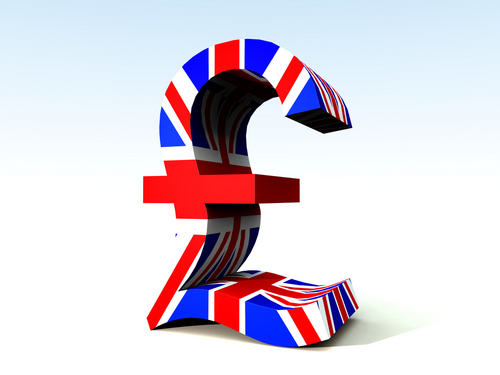Fannie Mortgage Programs
Fannie Mae (FNMA) is a government-sponsored enterprise (GSE) that plays a vital role in the U.S. housing market. It purchases and guarantees mortgage loans, helping to increase access to credit and lower borrowing costs for homebuyers. Here are some of the key Fannie Mae mortgage programs:
- Conventional Loans: These are the most common types of mortgages offered by Fannie Mae. They typically require a down payment of at least 20% and have a fixed or adjustable interest rate.
- High-Balance Loans: These loans are available for borrowers who need to finance properties valued above the conforming loan limits ($647,200 in most areas in 2023). They may require a larger down payment and higher interest rates than conventional loans.
-
Loans for Low- and Moderate-Income Borrowers: Fannie Mae offers several programs designed to help low- and moderate-income individuals become homeowners. These programs include:
- HomeReady Loans: These loans offer flexible credit and income qualifications, allowing borrowers with lower incomes and non-traditional credit histories to qualify for homeownership.
- Home Possible Loans: These loans provide down payment assistance and low interest rates to qualified borrowers with limited resources.
- Affordable Advantage Loans: These loans are designed for low- to moderate-income borrowers who are purchasing a home in an economically disadvantaged area.
- Energy-Efficient Mortgages: These loans provide incentives to homeowners who install energy-efficient upgrades in their properties. Borrowers may receive a lower interest rate or down payment assistance if they meet certain energy standards.
- Refinance Loans: Fannie Mae also offers a variety of refinance products, allowing homeowners to reduce their interest rates, consolidate debt, or take cash out of their equity.
Benefits of Fannie Mae Mortgages:
- Lower Interest Rates: Fannie Mae purchases loans with high credit quality, which allows it to offer lower interest rates to borrowers.
- Increased Access to Credit: Fannie Mae\'s programs help to expand access to credit for a wide range of borrowers, including low- to moderate-income individuals and those with non-traditional credit histories.
- Stability in the Housing Market: Fannie Mae\'s lending activity helps to stabilize the housing market by providing funding for homebuyers and promoting homeownership.
- Government Backing: Fannie Mae is backed by the U.S. government, which provides certain guarantees to investors in Fannie Mae mortgage-backed securities.
Eligibility and Requirements:
The eligibility requirements for Fannie Mae mortgage programs vary depending on the specific loan type. However, some general requirements include:
- A credit score of at least 620
- A debt-to-income ratio below 43%
- A down payment of at least 3.5% for conventional loans (or a higher down payment for higher-balance loans or programs for low- and moderate-income borrowers)
- Property eligibility (the property must meet certain quality and condition standards)
Borrowers should work with a reputable lender to determine their eligibility for a particular Fannie Mae mortgage program and explore their options.
https://internetbankingcart.com/wp-content-plugins-improvement-subset-fanniemortgageprograms-html

